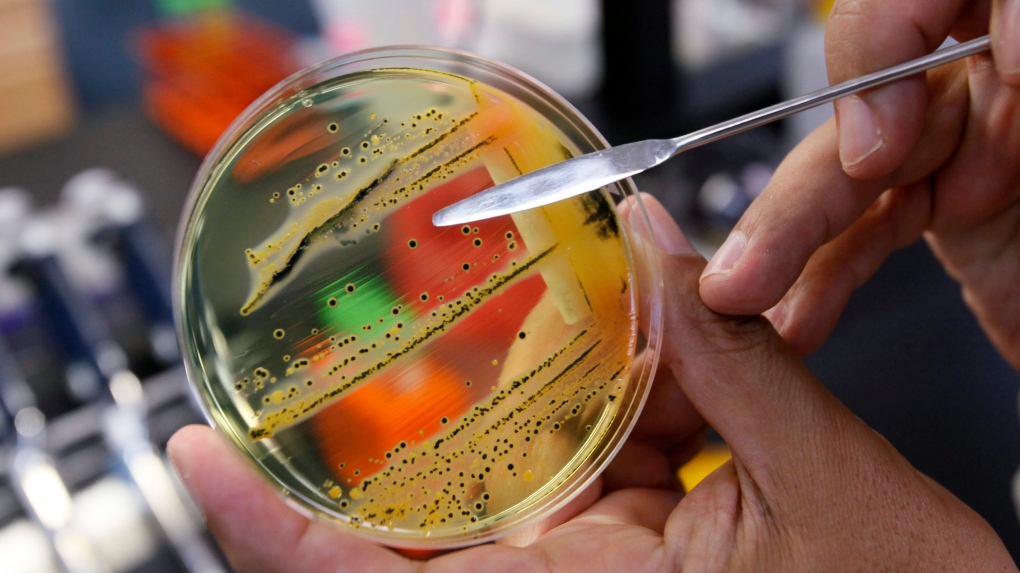
An outbreak of extensively drug-resistant salmonella has been linked to raw pet food and contact with cattle, according to the Public Health Agency of Canada (PHAC).
In a Nov. 11 public health notice, the agency said 40 cases have been confirmed in six provinces, including 21 cases in Quebec, 14 in Ontario, two in Nova Scotia, and one each in Manitoba, New Brunswick and Prince Edward Island. Thirteen people have been hospitalized.
"Many of the individuals who became sick are children five years of age or younger," the notice said. "The Salmonella strain associated with this outbreak investigation is extensively drug-resistant, which means it's resistant to all commonly recommended antibiotics."
Although cases date from July 2020 to September 2023, the outbreak is considered ongoing as illnesses continue to be reported. While there have been no human deaths, some infected dogs and cattle have died. Children under five represent 43 per cent of all cases.
"Some of the individuals who became sick reported exposure to raw pet food, or to dogs fed raw pet food, before their illnesses occurred," the public health notice explained. "Contact with cattle, particularly calves, has also been identified as a likely source for some of the illnesses reported in the outbreak."
A common pet food supplier has not been identified in the ongoing investigation, which is being conducted by the Public Health Agency of Canada along with provincial public health departments, the Canadian Food Inspection Agency and Health Canada. Other sources of infection could still be uncovered.
In humans, symptoms of salmonella infection typically start six to 72 hours after exposure and can include four to seven days of fever, vomiting, diarrhea and abdominal cramps. Infected people and animals can continue to spread salmonella for weeks after symptoms disappear through individual contact and contaminated surfaces.
While most people recover fully without treatment, salmonella infection can lead to severe illness and hospitalization, particularly among older adults, young children, pregnant people and those with weakened immune systems.
Due to the risk of bacteria like salmonella and E.coli, PHAC does not recommend feeding your pets raw food, especially in households with young children and the immune-compromised. Animals can pass on harmful bacteria like salmonella through their feces even if they appear healthy.
Those who decide to use raw pet food are encouraged to wash their hands thoroughly after preparing food and handling their pets. Raw pet food should be stored and prepared away from human food and kept in a sealed container if refrigeration or freezing is necessary. Dedicated containers and utensils should also be used and sanitized along with affected surfaces.
PHAC says dogs that eat raw pet food shouldn't be allowed to lick people's faces, mouths or wounds. Hands should also be washed thoroughly when touching cattle or visiting a farm or petting zoo.
#Outbreak of #Salmonella linked to exposure to raw pet food or to cattle. Sanitize areas that come into contact with raw pet food. Wash your hands after handling raw pet food, interacting with cattle or raw-fed dogs. Learn more : https://t.co/7lkX4ddaQb pic.twitter.com/Acj3hzrNr2
— Health Canada and PHAC (@GovCanHealth) November 13, 2023
Drug-resistant salmonella outbreak linked to raw pet food, contact with cattle: PHAC - CTV News
Read More

No comments:
Post a Comment